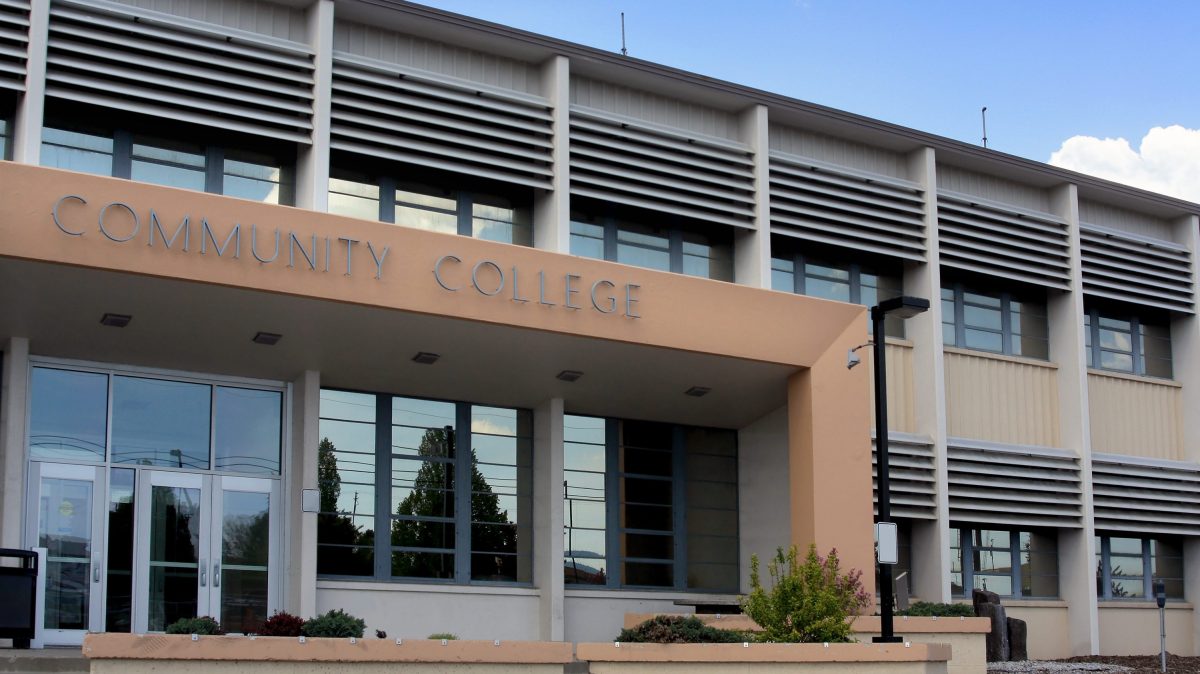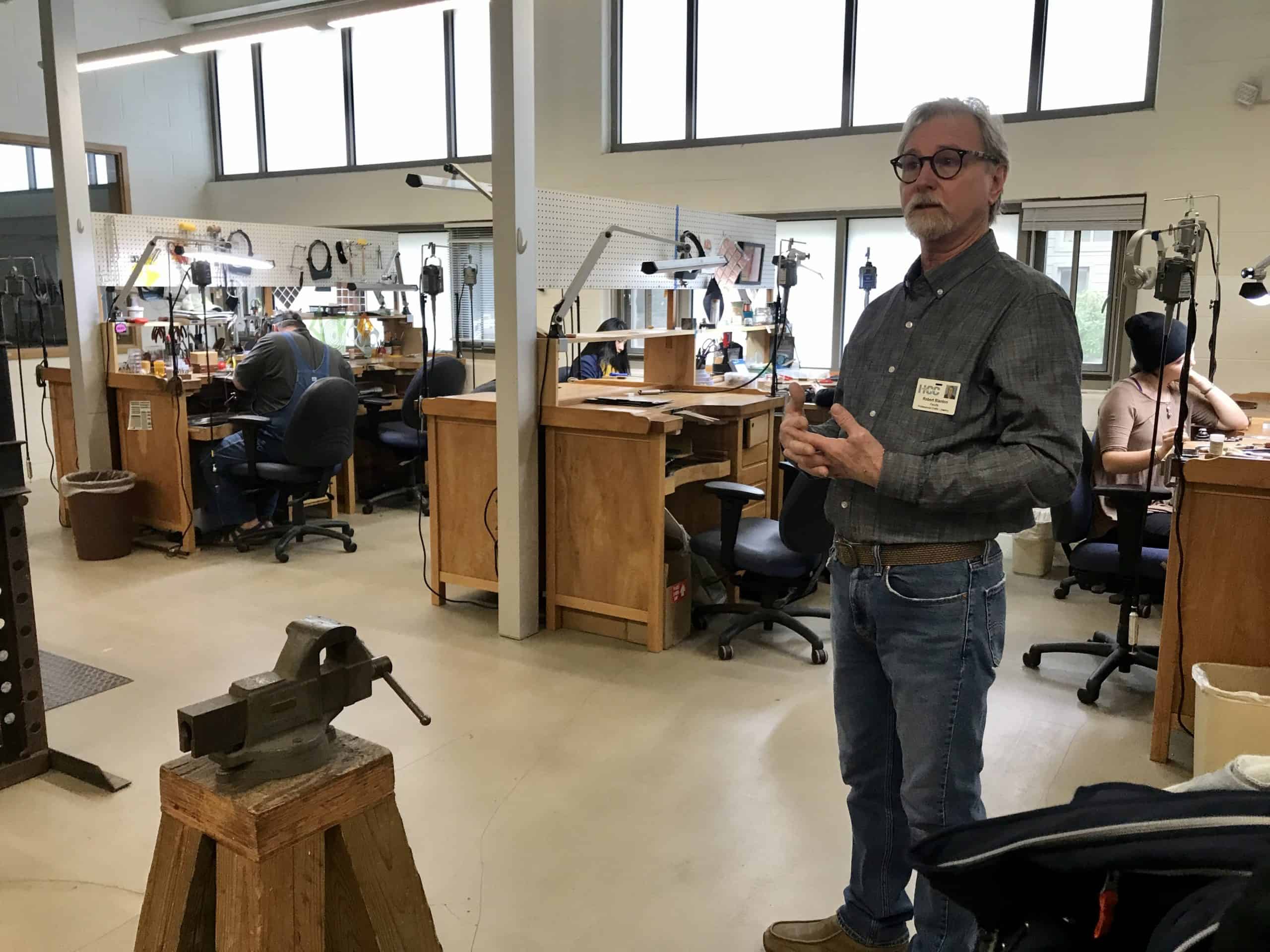While it varies from school to school, the general statistic is that two out of three blacks got into their school due to affirmative action, while one out of three would have been accepted even if they were white. The question now is: what should these black students do now since their race now doesn’t aid their admissions, and don’t get in as a result?
1. The obvious solution would be to attend the university they now qualify for. This is a clear route, and the path students have taken for generations.
2. If, however, you feel the school willing to accept you is too mediocre, consider doing your first two years of college at community college. Beyond the obvious benefit of saving a boatload of money - it will even be free if your family is lower-income - it will give you a chance to buckle down and really ace your CC classes as you complete your Associates degree.
This demonstrates to 4-year colleges that you are able to commit to a program and complete it, an appealing trait to admissions officers. And if you can maintain a high GPA, you are likely to get an academic transfer scholarship as well.
One more hint: make sure the classes you take will receive full credit at the transfer school.
1. The obvious solution would be to attend the university they now qualify for. This is a clear route, and the path students have taken for generations.
2. If, however, you feel the school willing to accept you is too mediocre, consider doing your first two years of college at community college. Beyond the obvious benefit of saving a boatload of money - it will even be free if your family is lower-income - it will give you a chance to buckle down and really ace your CC classes as you complete your Associates degree.
This demonstrates to 4-year colleges that you are able to commit to a program and complete it, an appealing trait to admissions officers. And if you can maintain a high GPA, you are likely to get an academic transfer scholarship as well.
One more hint: make sure the classes you take will receive full credit at the transfer school.





